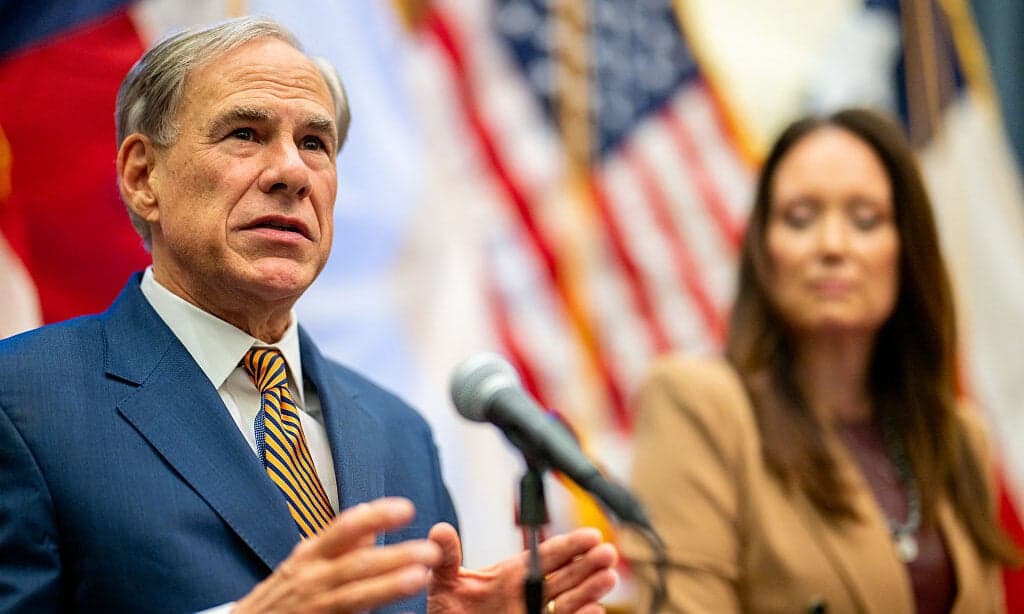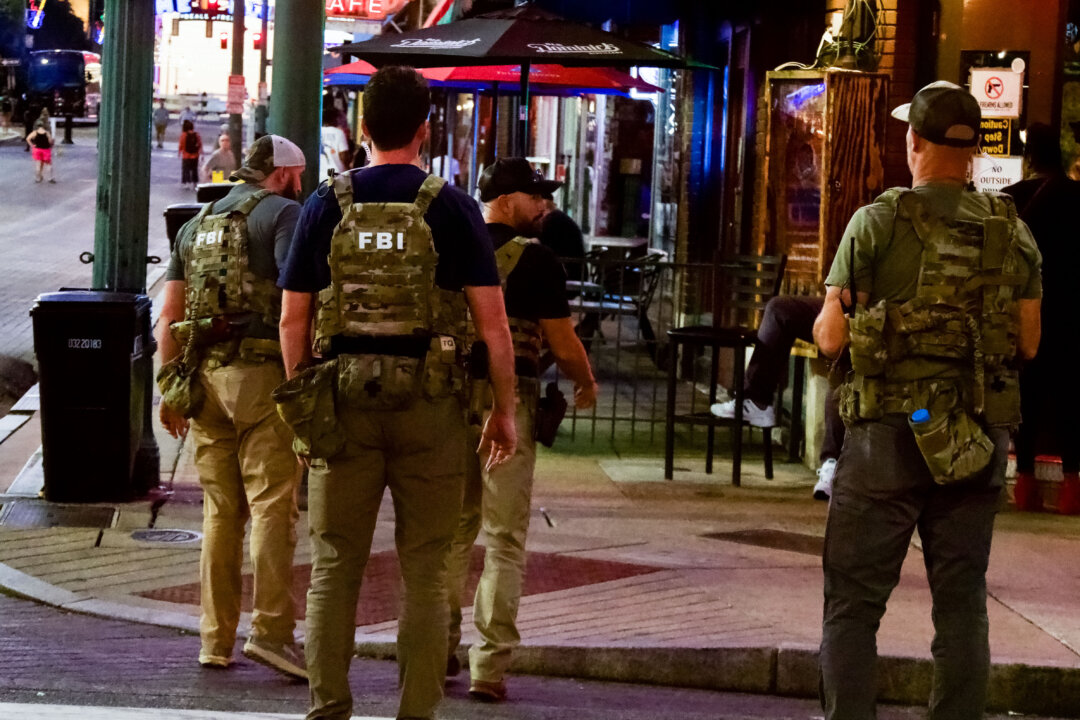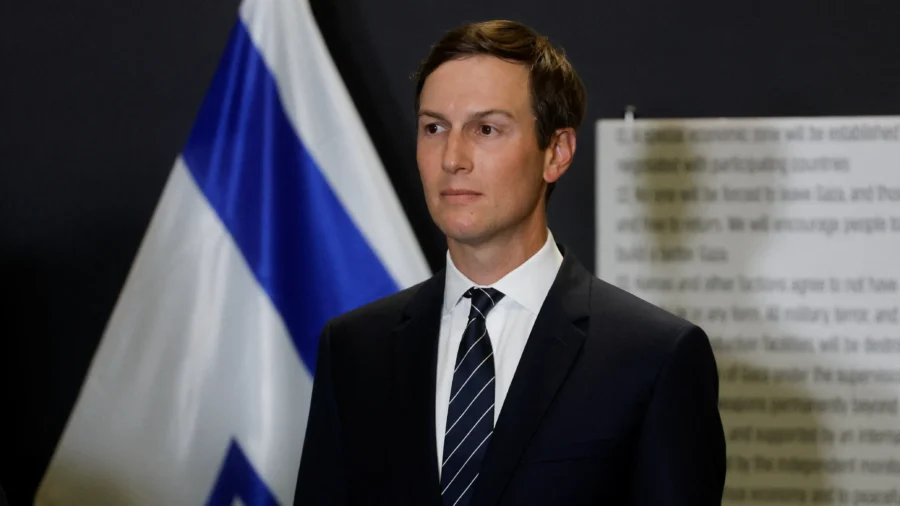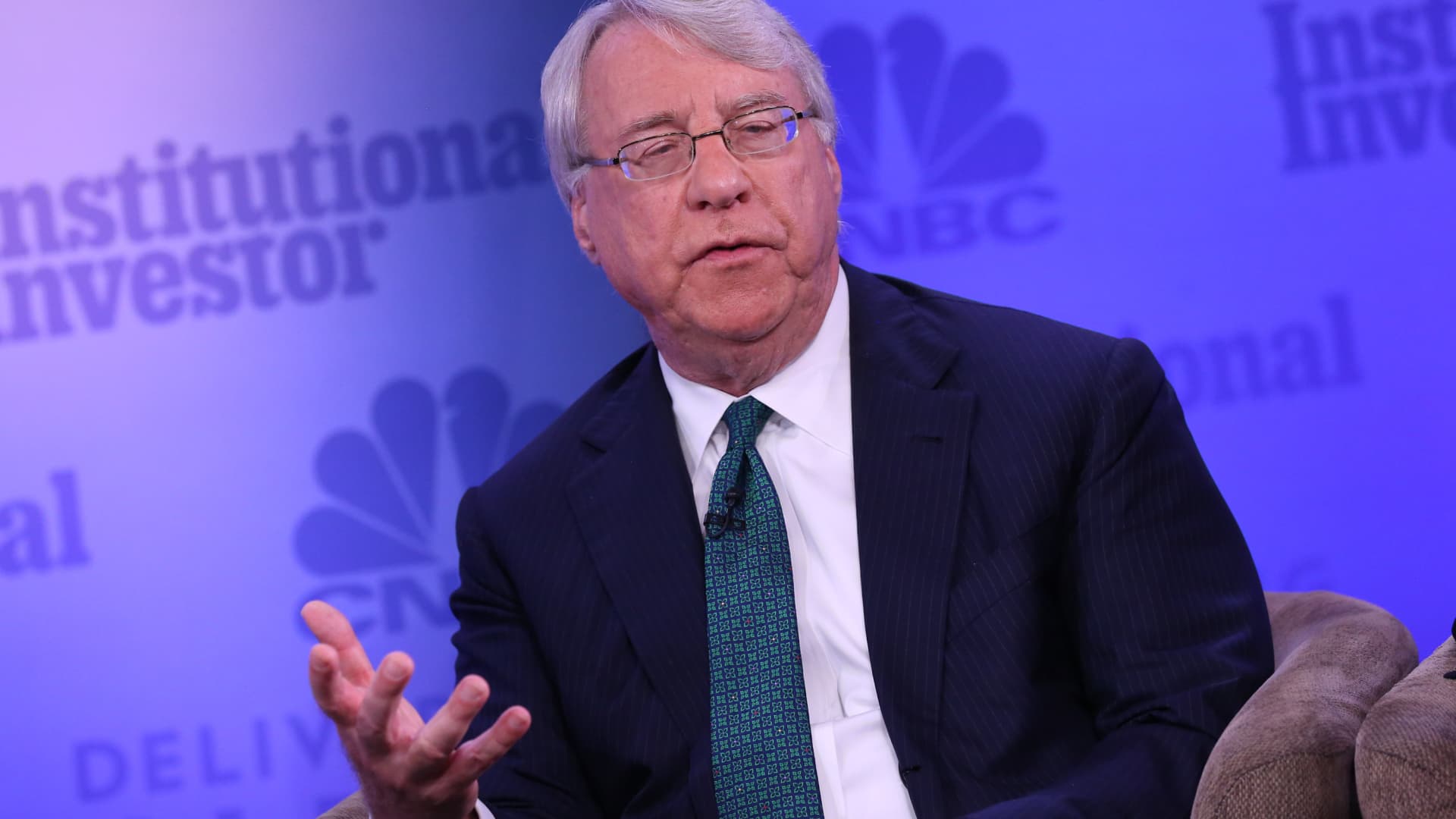How fake ghee worth Rs 250 crore found its way into Tirupati temple’s sacred laddus: Explained
In a scandal that has stunned devotees, investigators have found that fake ghee worth Rs 250 crore was allegedly supplied to the Tirumala Tirupati Devasthanams (TTD), the trust managing the revered Tirupati temple, between 2019 and 2024. A CBI-led Special Investigation Team (SIT) uncovered that Bhole Baba Organic Dairy, a company based in Uttarakhand, had never procured any milk or butter, yet somehow managed to supply a staggering 6.8 million kilograms of ghee to the temple. The adulteration of ghee According to officials, Bhole Baba Organic Dairy, run by Pomil Jain and Vipin Jain, operated what appeared to be a legitimate dairy unit but was in reality a front for manufacturing synthetic ghee. The company allegedly faked purchase invoices and payment records to make it seem as though it was producing pure desi ghee. Shockingly, even after being blacklisted in 2022, the firm continued to funnel counterfeit ghee to the temple by using the names of other dairies, including Vyshnavi Dairy (Tirupati), Mal Ganga (Uttar Pradesh), and AR Dairy Foods (Tamil Nadu). Animal fat and chemical additives The SIT found that some of the ghee supplied was adulterated with animal fat. In July 2024, four tankers from AR Dairy were rejected by TTD after lab tests revealed contamination. But rather than being destroyed or returned, the rejected stock was allegedly diverted to Vyshnavi Dairy, where labels were replaced and the contents reprocessed to look fresh. Investigators later discovered that these same tankers were resold to TTD in August 2024 as “new stock” and were subsequently used to prepare the sacred Tirupati laddus, offered daily to millions of devotees. Traces of foreign fats spark outrage The scandal burst into the open in September 2024, when Andhra Pradesh Chief Minister N. Chandrababu Naiduclaimed that adulterated ingredients had been used in the temple’s revered laddus under the previous administration. Media reports quoted Naidu as saying the ghee could have contained beef tallow, fish oil, or pig lard, sparking public outrage. Tests by the National Dairy Development Board (NDDB) later confirmed the presence of foreign fats in some samples. Officials maintained that the adulterated batches had been withdrawn before being used, but the controversy severely shook public faith in the quality control system of one of India’s holiest shrines. Arrests and continuing probe The scandal began to unravel with the arrest of Ajay Kumar Sugandh, who supplied chemicals such as monodiglycerides and acetic acid esters, key ingredients for producing synthetic ghee, to Bhole Baba Organic Dairy. The CBI’s probe now aims to uncover how the fake ghee managed to pass multiple layers of temple procurement checks, and whether officials within TTD or state dairy boards were complicit in the racket. What began as a fraud for profit has now turned into a crisis of faith, raising uncomfortable questions about oversight, corruption, and the sanctity of offerings made at one of Hinduism’s most sacred temples.
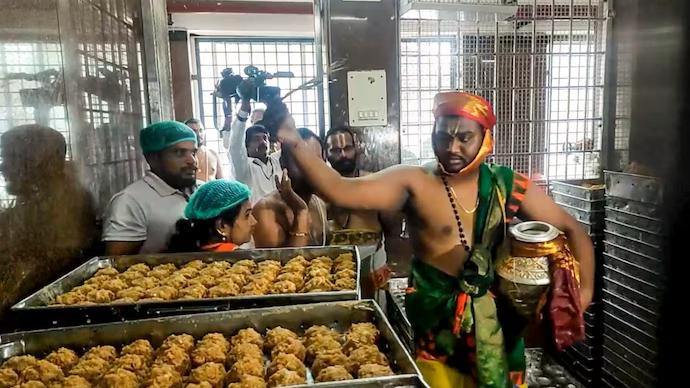


In a scandal that has stunned devotees, investigators have found that fake ghee worth Rs 250 crore was allegedly supplied to the Tirumala Tirupati Devasthanams (TTD), the trust managing the revered Tirupati temple, between 2019 and 2024.
A CBI-led Special Investigation Team (SIT) uncovered that Bhole Baba Organic Dairy, a company based in Uttarakhand, had never procured any milk or butter, yet somehow managed to supply a staggering 6.8 million kilograms of ghee to the temple.
The adulteration of ghee
According to officials, Bhole Baba Organic Dairy, run by Pomil Jain and Vipin Jain, operated what appeared to be a legitimate dairy unit but was in reality a front for manufacturing synthetic ghee. The company allegedly faked purchase invoices and payment records to make it seem as though it was producing pure desi ghee.
Shockingly, even after being blacklisted in 2022, the firm continued to funnel counterfeit ghee to the temple by using the names of other dairies, including Vyshnavi Dairy (Tirupati), Mal Ganga (Uttar Pradesh), and AR Dairy Foods (Tamil Nadu).
Animal fat and chemical additives
The SIT found that some of the ghee supplied was adulterated with animal fat. In July 2024, four tankers from AR Dairy were rejected by TTD after lab tests revealed contamination. But rather than being destroyed or returned, the rejected stock was allegedly diverted to Vyshnavi Dairy, where labels were replaced and the contents reprocessed to look fresh.
Investigators later discovered that these same tankers were resold to TTD in August 2024 as “new stock” and were subsequently used to prepare the sacred Tirupati laddus, offered daily to millions of devotees.
Traces of foreign fats spark outrage
The scandal burst into the open in September 2024, when Andhra Pradesh Chief Minister N. Chandrababu Naiduclaimed that adulterated ingredients had been used in the temple’s revered laddus under the previous administration. Media reports quoted Naidu as saying the ghee could have contained beef tallow, fish oil, or pig lard, sparking public outrage.
Tests by the National Dairy Development Board (NDDB) later confirmed the presence of foreign fats in some samples. Officials maintained that the adulterated batches had been withdrawn before being used, but the controversy severely shook public faith in the quality control system of one of India’s holiest shrines.
Arrests and continuing probe
The scandal began to unravel with the arrest of Ajay Kumar Sugandh, who supplied chemicals such as monodiglycerides and acetic acid esters, key ingredients for producing synthetic ghee, to Bhole Baba Organic Dairy.
The CBI’s probe now aims to uncover how the fake ghee managed to pass multiple layers of temple procurement checks, and whether officials within TTD or state dairy boards were complicit in the racket.
What began as a fraud for profit has now turned into a crisis of faith, raising uncomfortable questions about oversight, corruption, and the sanctity of offerings made at one of Hinduism’s most sacred temples.





